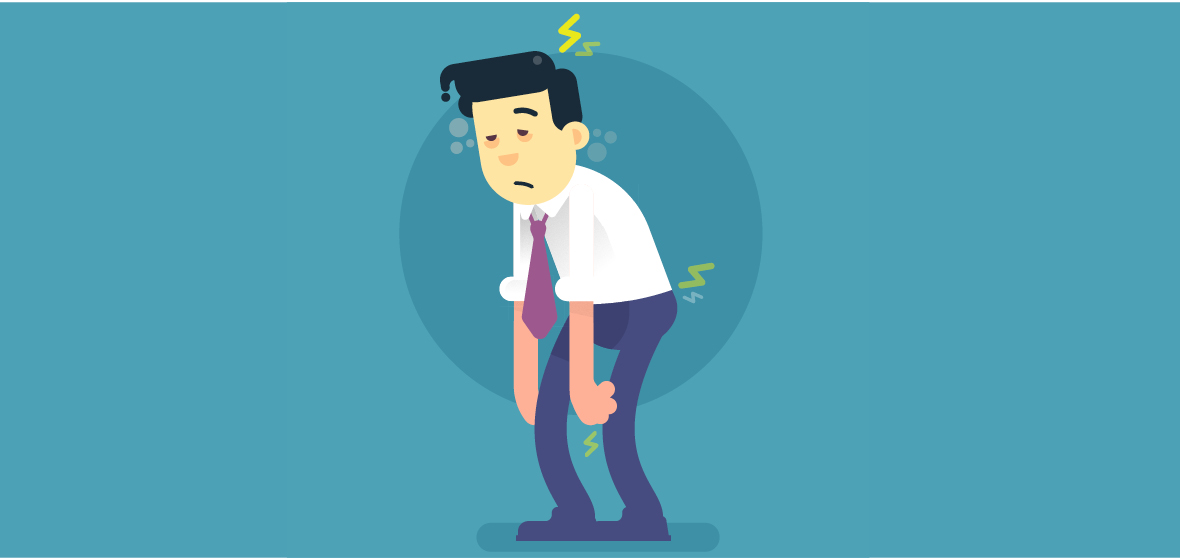The badge of honour that comes with racking up long hours on very little sleep must become a thing of the past.
Lawyers are tired. In fact, a quick Google search provides an international host of case studies of lawyers suffering at the pointy end of fatigue and exhaustion. Terms such as “depression”, “anxiety”, “substance abuse” and “alcohol” all feature consistently.
It’s no wonder. Research conducted by UNSW’s Janet Chan in 2015 showed that lawyers work more overtime than any other profession in Australia, and most lawyers consider it an essential factor in one’s professional success. Even worse, given the six-minute billing system, lawyers may be under-recording their working hours so as not to appear unproductive. This suggests that available statistics may actually underestimate working hours.
Overtime is fine in moderation as a short-term arrangement to meet an important deadline, although evidence shows there is a tipping point whereby long working hours directly impact productivity.
One study finds that job performance decreases as much as 20 per cent when 60 working hours per week are surpassed. Joshua Krook, an academic, author, journalist and legal educator, confirms some concerns in his research. Here is a snapshot:
- Mental wellbeing declines after working 39 hours a week
- Job performance begins to decrease, and signs of depression and anxiety increase after 48 hours
- Working more than 10 hours a day increases workplace injury risk by 40 per cent, and more than 12 hours a day doubles it




